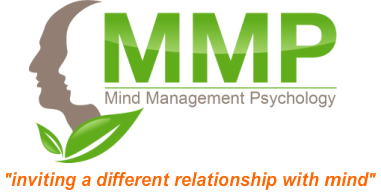
continuing theme in psychology is this notion of ownership. It can cause a lot of heartache and suffering. For example if you have a strong indentity there can be an assumption that you must always have it on display. Commonly strong identities also have a strong sense of what drives them, usually ego, associated with self-worth, self-confidence and importance. And these are yours and non-negotiable, you may in fact feel you OWN them. However there is balance, situations for this to be culled and therefore not displayed.
How does this relate to ownership? Ownersip and too much focus on ownership can cause you to get into trouble by all experiences having to be dealt with, assessed, evaluated and filed. And for the multi-tasking busy mind that can be a headache. It wants everything! But how to slow down and focus on one thing at a time is the antidote. This is the thread of unsatisfactoriness that we all deal with, deliberate focusing. It’s hard but gets easier with practise.
Going fast balanced with being slow, achieving outcomes balanced with respecting process, watching the detail (micro) balanced with the big picture (macro), where we’re heading.
And what depicts legal ownership clearly for the physical world are these notions of I, me and mine. Just listen next time you’re in conversation: the I’s, the me’s and the mine’s. They rarely stop. For the balanced psychological mind there is not too heavier a focus on physical ownership. Physical ownership is fleeting. Psychological ownership is sometimes pointless, so hanging onto it also makes no sense.
Yet because we can be so obsessed with ownership the same physical ownership formula is often applied to the psychological material. This is the problem and because the psychological material although you can’t touch feels so real it has an enormous impact on the way the mind operates. Study ownership carefully, we don’t really own that much, perhaps more accurately we’re all really LEASING. And managing, just MIND MANAGING!
How does this relate to ownership? Ownersip and too much focus on ownership can cause you to get into trouble by all experiences having to be dealt with, assessed, evaluated and filed. And for the multi-tasking busy mind that can be a headache. It wants everything! But how to slow down and focus on one thing at a time is the antidote. This is the thread of unsatisfactoriness that we all deal with, deliberate focusing. It’s hard but gets easier with practise.
Going fast balanced with being slow, achieving outcomes balanced with respecting process, watching the detail (micro) balanced with the big picture (macro), where we’re heading.
And what depicts legal ownership clearly for the physical world are these notions of I, me and mine. Just listen next time you’re in conversation: the I’s, the me’s and the mine’s. They rarely stop. For the balanced psychological mind there is not too heavier a focus on physical ownership. Physical ownership is fleeting. Psychological ownership is sometimes pointless, so hanging onto it also makes no sense.
Yet because we can be so obsessed with ownership the same physical ownership formula is often applied to the psychological material. This is the problem and because the psychological material although you can’t touch feels so real it has an enormous impact on the way the mind operates. Study ownership carefully, we don’t really own that much, perhaps more accurately we’re all really LEASING. And managing, just MIND MANAGING!



 RSS Feed
RSS Feed